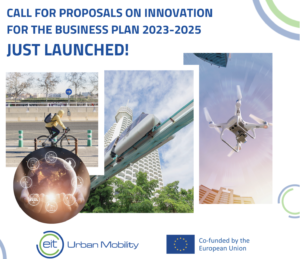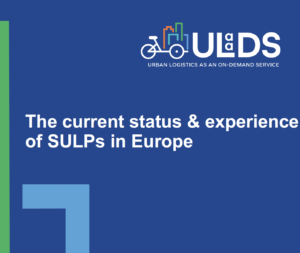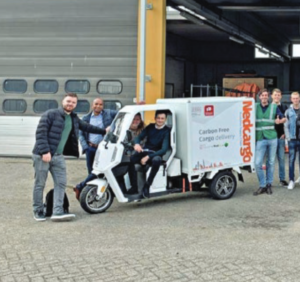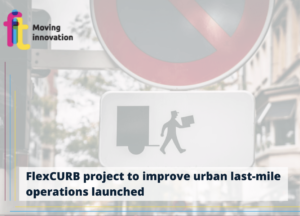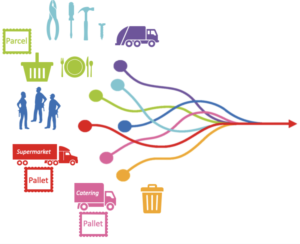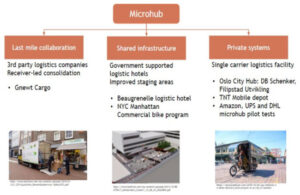Obstacles prevent waterborne city logistics, but opportunities exist

Construction traffic, garbage, and other deliveries could be run on water in Swedish large cities. But market mechanisms, regulations, technology, problems with quays and old habits stand in the way. This is shown by a pre-study carried out within the Swedish Transport Administration’s industry program Sustainable Shipping, which Lighthouse runs. “The threshold is high for …

